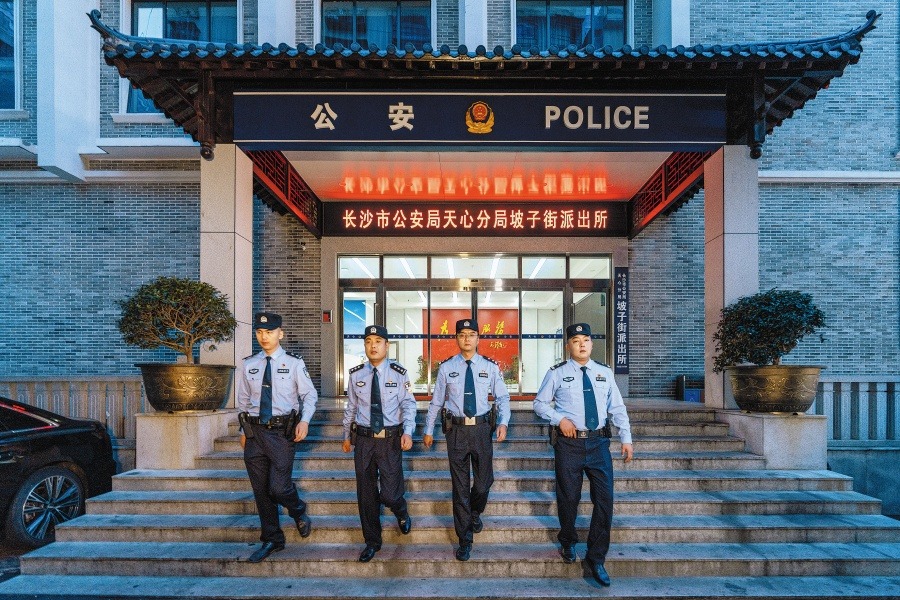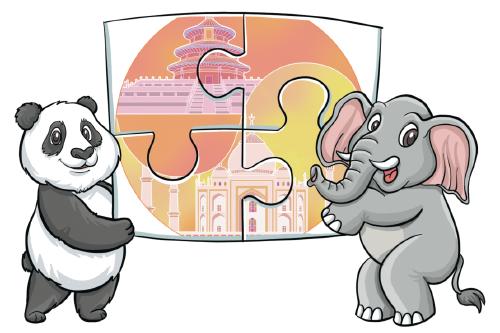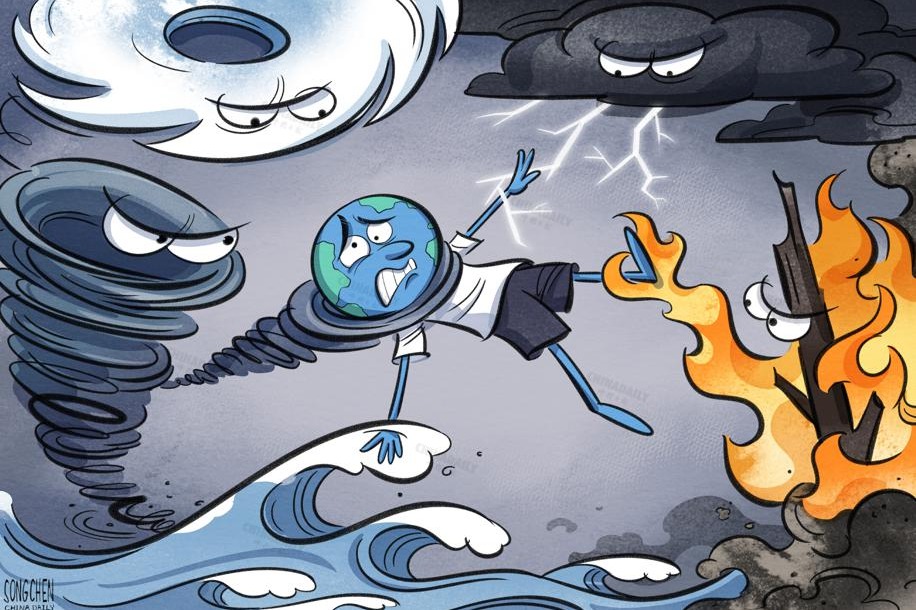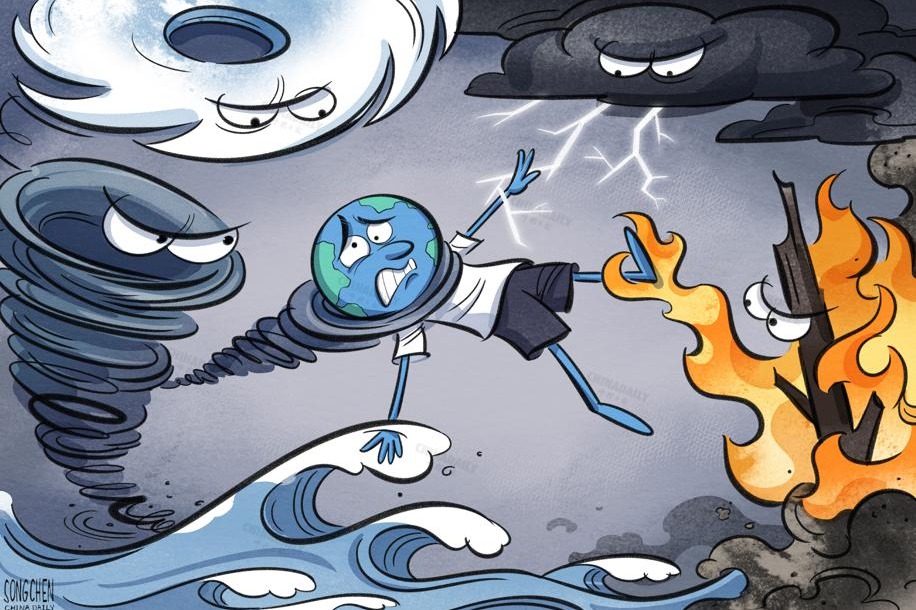BRI promotes inclusive globalization, peace

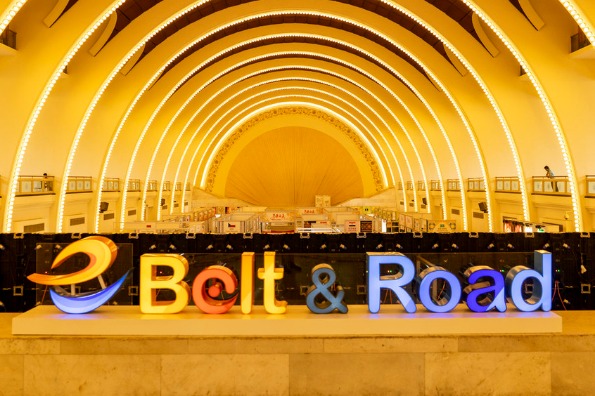
Ten years after the launch of the Belt and Road Initiative, we can safely say that the initiative has been helping build an inclusive global economy.
In 2013, President Xi Jinping proposed the Belt and Road Initiative to help improve infrastructure connectivity between China and the rest of the world, especially Eurasia, the Middle East and Europe, and Southeast Asia and Africa.
From the initial 34 countries to more than 150 countries in the 10th year, the initiative has attracted three-fourths of the countries in the world and over 30 international organizations due to its development programs.
What's more, the Belt and Road Initiative is in line with the United Nations Development Programme, the African Union's Agenda 2063 development plan, and many other countries' development initiatives.
For example, during his visit to Saudi Arabia in December last year, President Xi and Saudi Crown Prince and Prime Minister Mohammed bin Salman signed agreements on "harmonizing" Saudi Arabia's Vision 2030 with the Belt and Road Initiative.
And Egyptian Minister of International Cooperation Rania Al Mashat has said the Belt and Road Initiative is consistent with Egypt's national development priorities and goals.
The initiative has strengthened infrastructure in partner countries, helping them pursue their development goals and bolster their industry, value and supply chains.
The Belt and Road Initiative is not only about building roads, railways, ports, dams and other infrastructure facilities, but rather a major global opening-up initiative. In fact, it has helped build hundreds of industrial parks around the world.
The Belt and Road Initiative also facilitates the development of e-commerce in partner countries, and promotes green development. In general, it is helping a large part of the global economy to shift to the green development path.
The initiative does not differentiate between small and big, or developing and developed economies, because it is focused on planning and building large-scale infrastructure development projects, improving connectivity, facilitating cross-border trade and investment, boosting cooperation among economies, and increasing people-to-people exchanges.
The volume of trade and investments under the Belt and Road framework increased from $1 trillion in 2013 to $2 trillion in 2023, an average annual increase of 8 percent.
Moreover, according to the World Bank, the Belt and Road Initiative is expected to reduce shipping time in Africa by up to 11.9 percent, and trade costs by up to 10.2 percent. Given that 90 percent of Africa's imports and exports pass through the sea, this will enhance the efficiency of African ports and boost their cargo handling capacity.?
Another example of the initiative's achievement is the Ain Sokhna port project in Egypt, which aims to develop into an international trade hub and promote investment in the region.
Also, the International Highway Project in the United Arab Emirates, the Doha Port project in Qatar, the Tangier Med Port Development Project in Morocco, a railway project in Tunisia and other such projects have been successfully implemented.
Indeed, the Belt and Road Initiative has enabled the transfer of China's high-quality infrastructure building technology and management expertise to the rest of the world.
However, the greatest aspect of the initiative is that it promotes peace, cooperation, openness, mutual benefit, helps develop mutual political trust, and facilitates economic integration for the benefit of all.
Furthermore, the initiative aims to help improve global governance and make economic globalization more inclusive and fair, while providing equal opportunities for all to achieve growth and prosperity.
The author is an economics researcher at the Egyptian Ministry of Trade and Industry.
The views don't necessarily reflect those of China Daily.





















